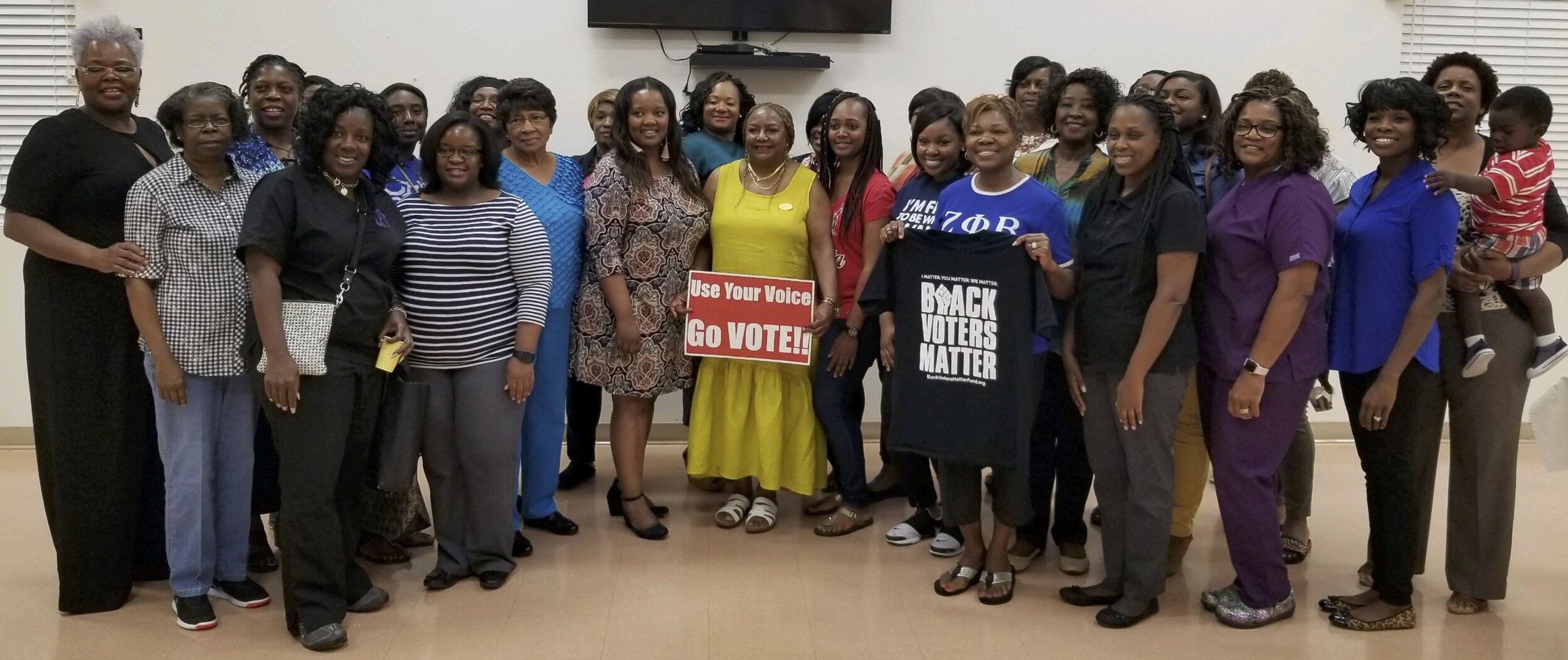Background: For a glimpse into Democratic voter attitudes heading into the 2024 cycle, Left of Center undertook a survey of likely Democratic voters in swing state Pennsylvania, through the lens of a looming Democratic mayoral primary on deck for tomorrow. Turnout in municipal races is traditionally challenging. This practical opportunity to create a meaningful survey of likely voters and into mindset of the likeliest voters of all was irresistible.
2023 Philadelphia Mayoral Primary Voter Viewpoint Survey Report
Former City Controller Rebecca Rhynhart leads a crowded field in the race to be the Democratic nominee for mayor of Philadelphia, with a clear top 3 emerging in the race’s final days.
30% of respondents said they will vote for Rhynhart, which represents a 9-point lead over former City Council member Cherelle Parker, who is in second with 21%. Former City Council member Helen Gym is following closely behind at 18%, followed by former City Council member Allan Domb at 12%, businessman Jeff Brown at 10%, and 10% still undecided.
Who do you plan to vote for?
When undecided respondents are pushed to pick a candidate, there is no change in the order-of-finish for the top 5. Rhynhart continues to be in the lead at 31% and she maintains her 9-point lead over Parker, who is at 22%. Gym is at 19%, Domb is at 13%, Brown is at 11%, and 4% say they would vote for someone else.
Who do you plan to vote for? (Pushed to choose)
While all of the top-5 candidates receive double-digit support from Black voters, Parker has a commanding 30-point lead over everyone else in that category. 16% of Black voters remain undecided, suggesting that there is still a lot of room for other candidates to gain, but while everybody else hovers at the 10% mark, Parker garners 41% among Black likely voters. If she is to pull off the victory in this race, it will almost certainly have a great deal to do with her candidacy’s strength with Black voters.
Rhynhart leads among white voters at 43%, a 16-point lead over Gym, who is at 27%. No other candidate managed to crack double digits, while 8% of white voters remain undecided. Among voters who are neither white nor Black, Rhynhart leads with 37%. That represents a 16-point lead over Domb who is at 21% with this group. Brown comes in a close third here with 18%. Gym and Parker are lagging among this group with just 11% and 9%, respectively.
Among voters under 50, Parker leads the field with 29%, followed closely by Rhynhart at 23%. Gym is at 13%, Domb is at 12%, and 7% support Brown with 16% undecided. Among those over 50, Rhynhart has a firm 14-point lead, with just 4% undecided. In second is Gym with 23%, followed by Brown, Parker, and then Domb who have 13%, 12%, and 11%, respectively.
In this survey, we also asked about which issue mattered most to voters when choosing who to vote for. “Reducing crime” is the most pressing issue, with 40% of voters ranking it as their top motivator. The second highest voter motivator is “city services (i.e. road repair, trash pickup, etc)” at 16%. “Gun control” comes in third at 14%, and “education” at 11%. Issues that are less of a priority to people include “creating more affordable housing” at 5%, “inflation and the cost of living” at 3%, and “police reform” at 2%. “Other” logged in at 8%.
Which Issue Matters Most When Choosing Who to Vote For?
Left of Center conducted this survey of 285 likely Philadelphia Democratic primary voters with cell phones, from 5/12-5/13. The pool of respondents was weighted to targets for the expected Democratic primary electorate for race, gender, and age. The survey was conducted entirely using text-to-web data collection and the top-line results have a margin of error of +/- 6%.
This survey report was written by Isaac Kaufer, a graduate of Washington University in St. Louis, and new contributor to this page.













